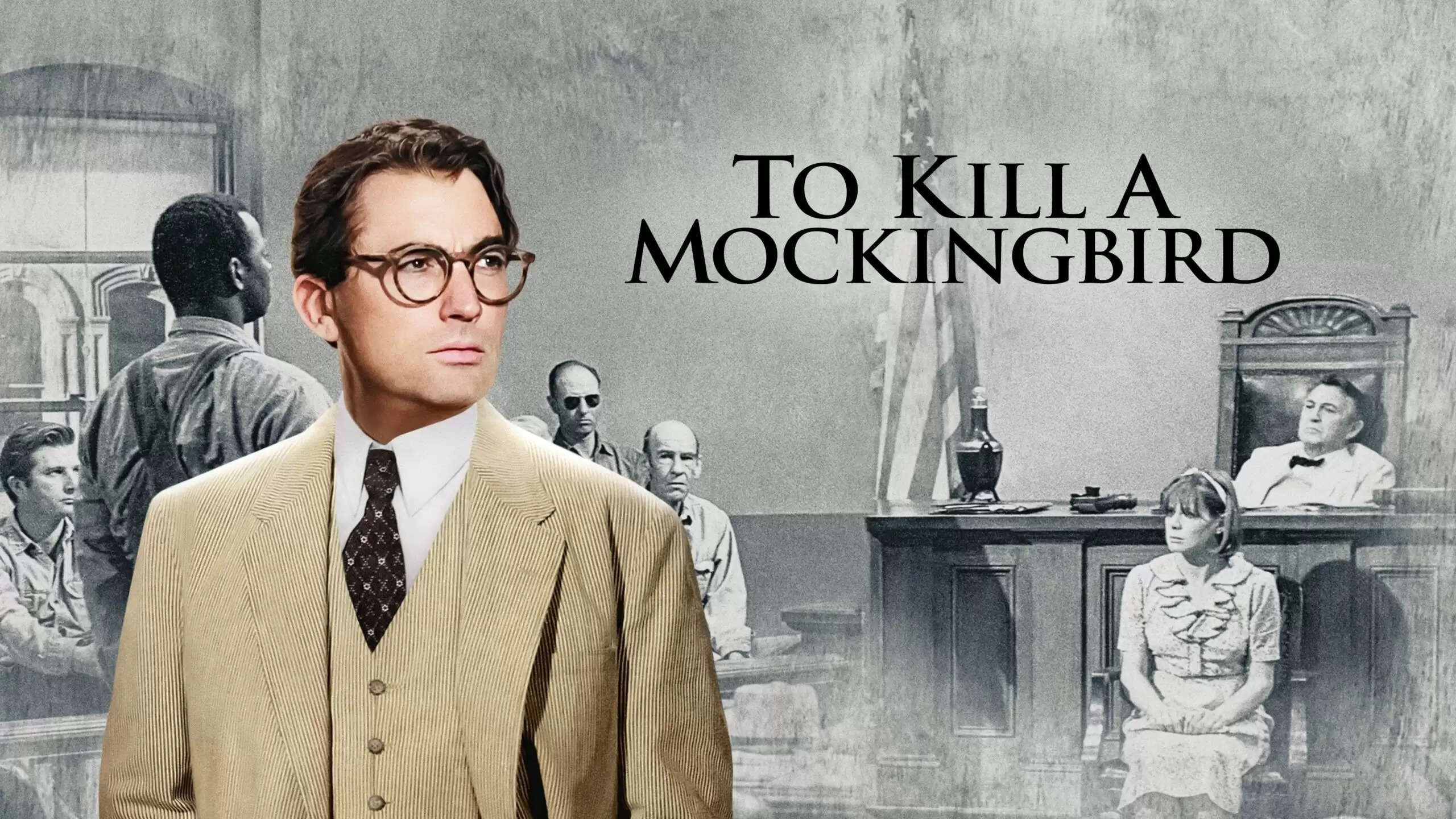To Kill a Mockingbird Review: Unveiling the Literary Gem
To Kill a Mockingbird Review: To Kill a Mockingbird is a literary masterpiece that has captivated readers for generations. In this comprehensive review, we will delve into the heart of Harper Lee’s iconic novel. From its compelling characters to its thought-provoking themes, we will explore what makes this book a timeless classic. Understanding the Author ... Read more
To Kill a Mockingbird Review:
To Kill a Mockingbird is a literary masterpiece that has captivated readers for generations. In this comprehensive review, we will delve into the heart of Harper Lee’s iconic novel. From its compelling characters to its thought-provoking themes, we will explore what makes this book a timeless classic.
Understanding the Author

Harper Lee, the author of To Kill a Mockingbird, was a reclusive genius whose words left an indelible mark on the literary world. Born in Monroeville, Alabama, in 1926, Lee drew inspiration from her own experiences growing up in the American South during a tumultuous period. Her deep-rooted understanding of the region’s culture and history shines through in her writing.
Plot Overview
The story is set in the 1930s in the fictional town of Maycomb, Alabama. It follows the Finch family, primarily through the eyes of young Scout Finch. Her father, Atticus Finch, is a lawyer tasked with defending Tom Robinson, a black man accused of raping a white woman. The novel navigates themes of racial injustice, moral growth, and the loss of innocence.
Unpacking the Characters
One of the novel’s strengths lies in its vividly drawn characters. Scout Finch, with her youthful curiosity, provides a lens through which we view the events in Maycomb. Her brother, Jem, and their friend, Dill, add depth to the story. However, it is Atticus Finch who emerges as the moral compass of the narrative, embodying principles of justice and empathy.

Themes Explored
To Kill a Mockingbird delves into several profound themes, including racial inequality, moral growth, and the loss of innocence. The title itself is symbolic, as it refers to the idea of senseless harm to the innocent, much like the unjust treatment of Tom Robinson.
Significance in Modern Times
Despite being set in the 1930s, the novel’s themes remain relevant today. Issues of racial injustice and moral integrity continue to resonate with readers around the world. To Kill a Mockingbird serves as a powerful reminder of the importance of empathy and understanding.
The Impact on Literature
Harper Lee’s novel has had a profound impact on literature and society. It has won numerous awards, including the Pulitzer Prize for Fiction, and has been translated into over 40 languages. The character of Atticus Finch is often cited as one of the greatest literary heroes.
Harper Lee’s To Kill a Mockingbird has left an indelible mark on the world of literature. It’s not just a book; it’s a cultural touchstone that has sparked important discussions about race, justice, and morality. Its influence can be seen in the works of subsequent authors who tackle similar themes. Lee’s storytelling prowess and the universal relevance of her narrative have elevated her to a revered status in the literary canon. The novel’s enduring popularity serves as a testament to its profound impact on readers and the literary world as a whole.
To Kill a Mockingbird on Screen

The novel’s success led to a film adaptation in 1962, directed by Robert Mulligan. The movie received critical acclaim and further solidified the story’s place in popular culture. To Kill a Mockingbird’s enduring appeal led to a highly acclaimed film adaptation in 1962, directed by Robert Mulligan. This cinematic masterpiece faithfully captured the essence of Harper Lee’s novel and introduced the story to a broader audience. Gregory Peck’s portrayal of Atticus Finch earned him an Academy Award for Best Actor, and the film itself won three Oscars, including Best Adapted Screenplay. Its success on the silver screen not only brought the characters to life but also heightened the novel’s cultural significance.
Frequently Asked Questions (FAQs)
Q1: What inspired Harper Lee to write To Kill a Mockingbird?
A1: Harper Lee drew inspiration from her own experiences growing up in the American South during a turbulent period of racial tension.
Q2: Why is Atticus Finch considered a moral compass in the novel?
A2: Atticus Finch embodies principles of justice and empathy, consistently advocating for what is right.
Q3: Is To Kill a Mockingbird still relevant today?
A3: Yes, the novel’s themes of racial injustice and moral growth continue to resonate in modern society.
Q4: How did the film adaptation of the novel contribute to its popularity?
A4: The film received critical acclaim and introduced the story to a wider audience, cementing its place in popular culture.
Conclusion
In conclusion, To Kill a Mockingbird review, this book is a literary gem that has left an indelible mark on the world of literature. Harper Lee’s masterpiece continues to inspire readers and provoke meaningful discussions about justice, empathy, and the enduring impact of prejudice. Whether you’re revisiting the novel or reading it for the first time, its timeless relevance is sure to leave a lasting impression.
As we revisit the story of Atticus Finch and the challenges he faced in defending justice, we are reminded that the pursuit of truth and empathy are ideals worth upholding. To Kill a Mockingbird serves as a beacon of hope, encouraging us all to strive for a more just and compassionate world.
Also Read: From Page to Screen: 10 Books That Became Blockbuster Hits
.PNG)